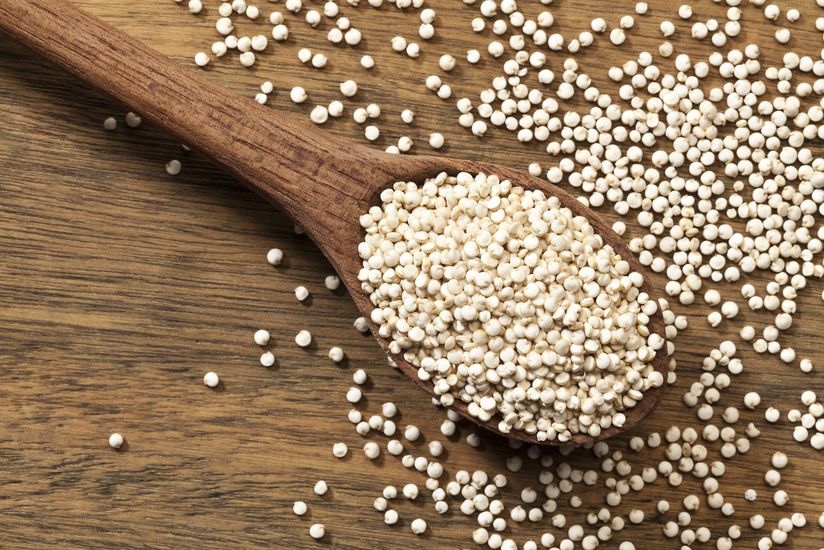SUPER SPRING
As winter's chill begins to thaw, consider jumpstarting a healthy spring by adding nutrient-packed superfoods to your diet. From foods that help improve your digestive health, energy and brain function, to those that can help increase heart health, reduce inflammation, and even those that may help fight off cancer, we've highlighted seasonal produce as well as foods that make great meals in warmer weather. Keep in mind that superfoods aren't a "magic bullet" cure-all for everything, but adding more healthy and delicious options to your diet will certainly help put a spring in your step.

























